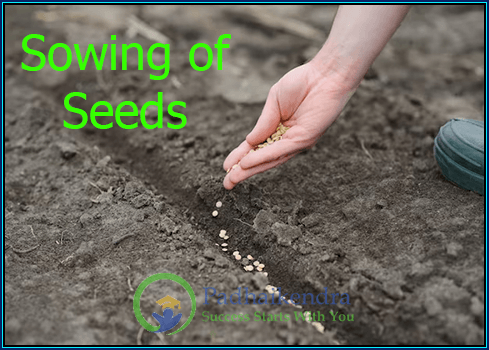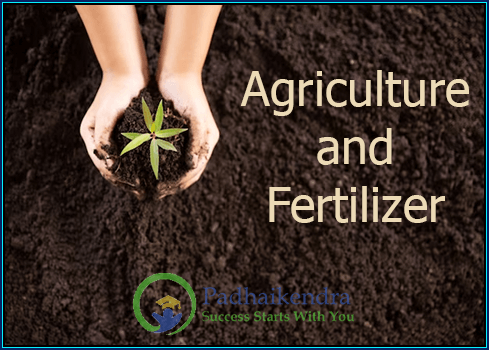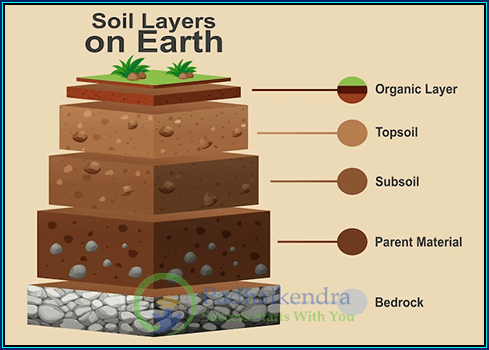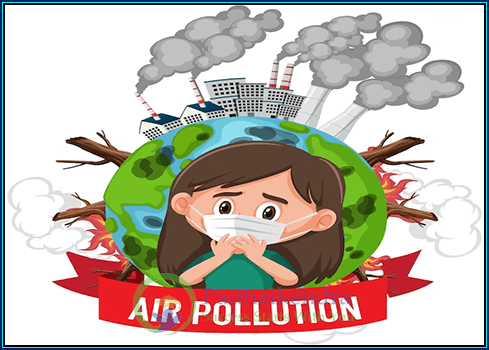Plantation agriculture is a type of agriculture in which large-scale monoculture crops are grown on large estates or plantations, typically for export to other countries. This type of agriculture is most commonly associated with tropical and subtropical regions, where crops such as coffee, tea, cocoa, sugar cane, bananas, and palm oil are grown. It involves intensive management and use of advanced technology, including irrigation systems, fertilizers, pesticides, and mechanized harvesting equipment. It often requires a large labor force, with workers recruited from local communities or from other countries.
Plantation agriculture can have significant economic benefits, including employment opportunities and foreign exchange earnings. However, it can also have negative impacts on the environment, including deforestation, soil degradation, and loss of biodiversity.
To mitigate these negative impacts, sustainable plantation practices are being developed, such as agroforestry, which involves growing crops in combination with trees and other vegetation to promote soil health and biodiversity, and using integrated pest management strategies to reduce reliance on chemical pesticides.
Overall, plantation agriculture can provide important economic benefits, but it is important to balance the benefits with the potential environmental impacts and work towards sustainable practices that promote both economic and environmental sustainability.





